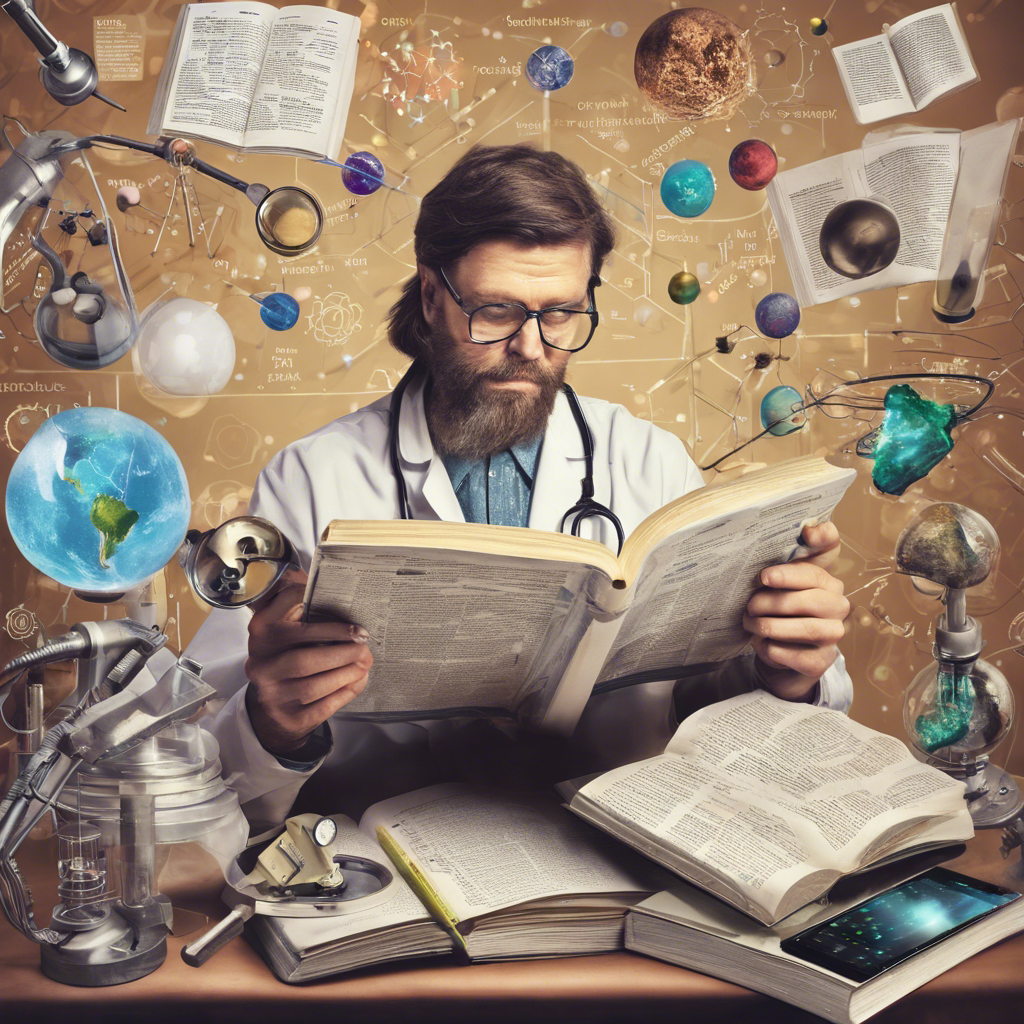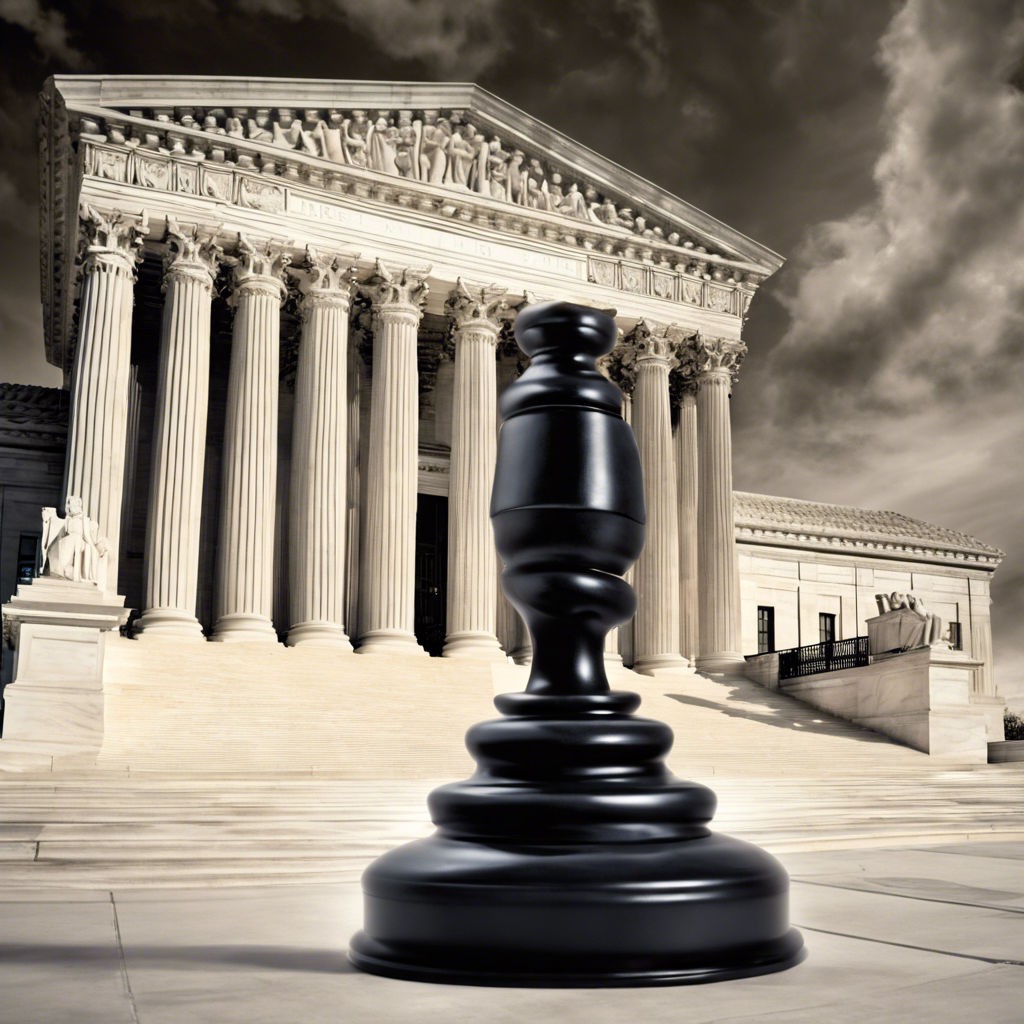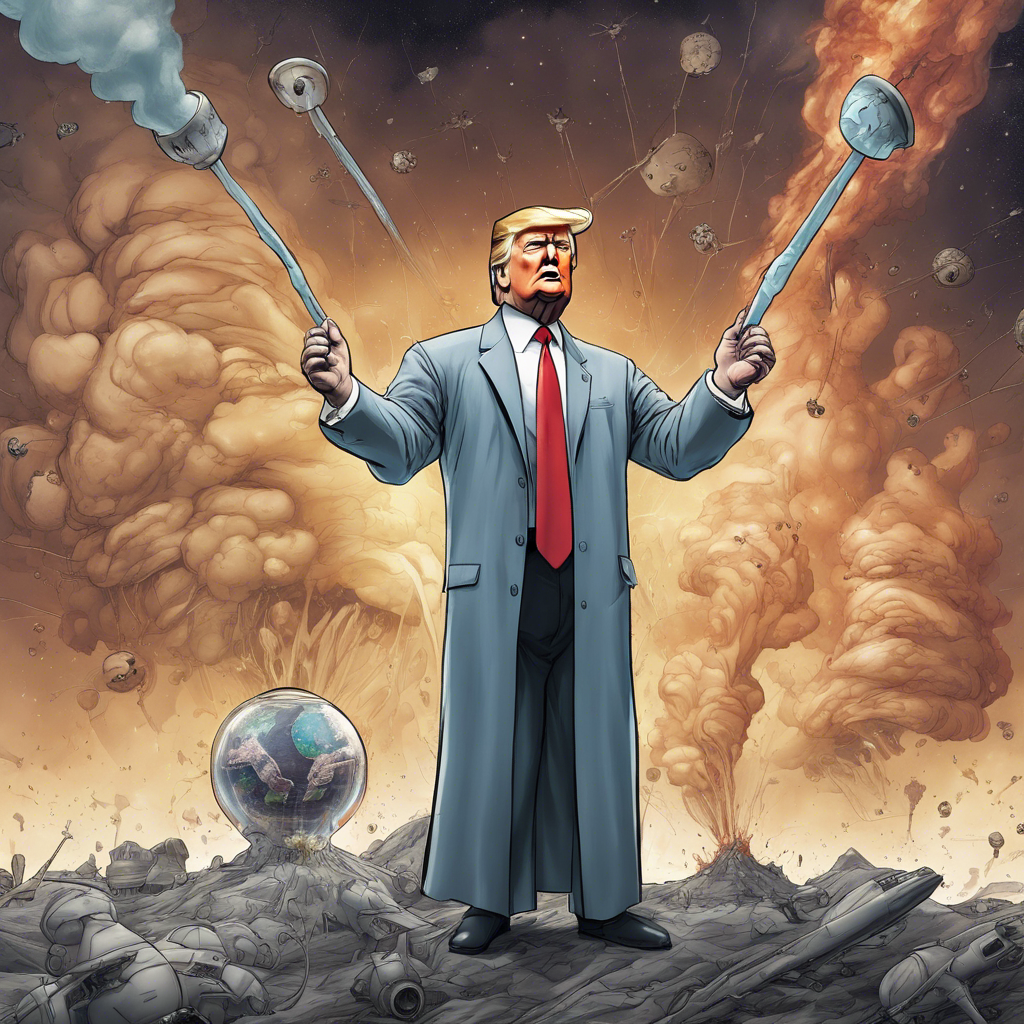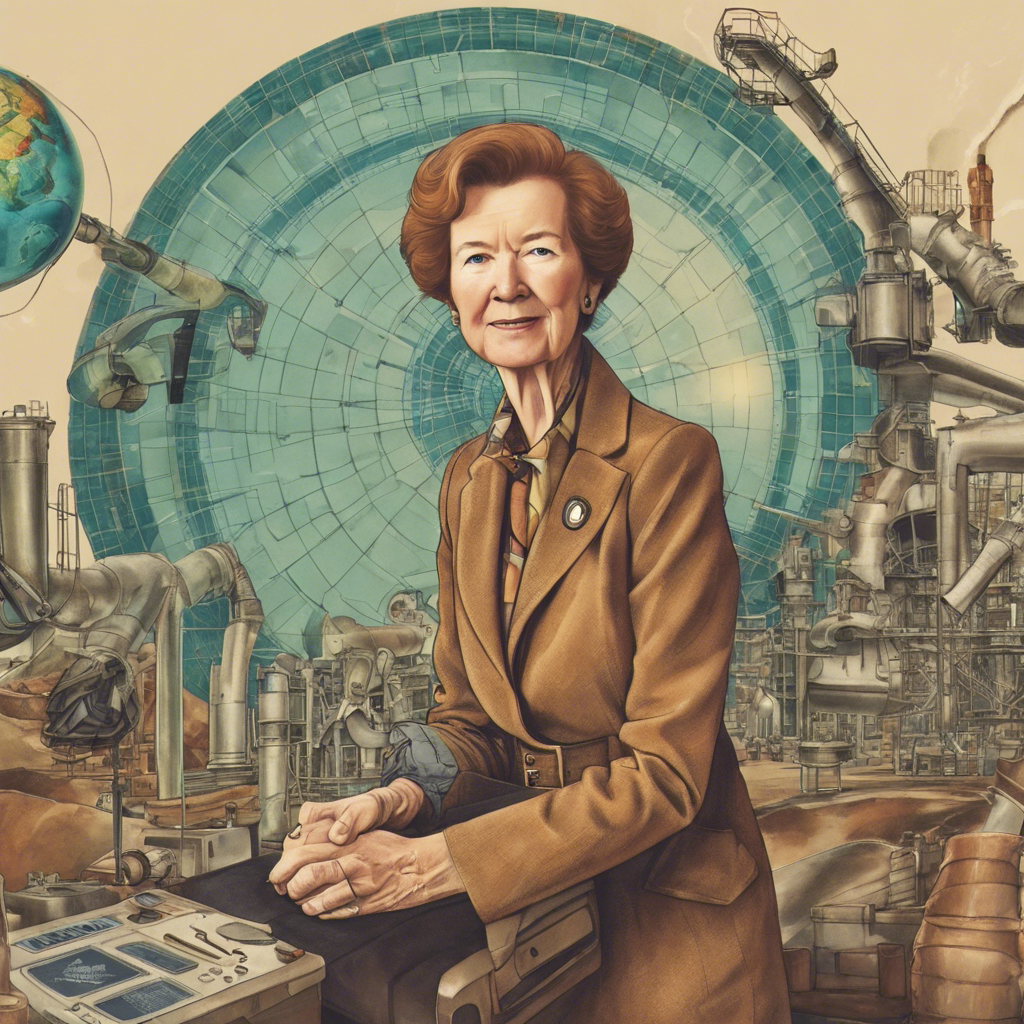John Heilbron: The Historian Who Slain Myths and Redefined the History of Science
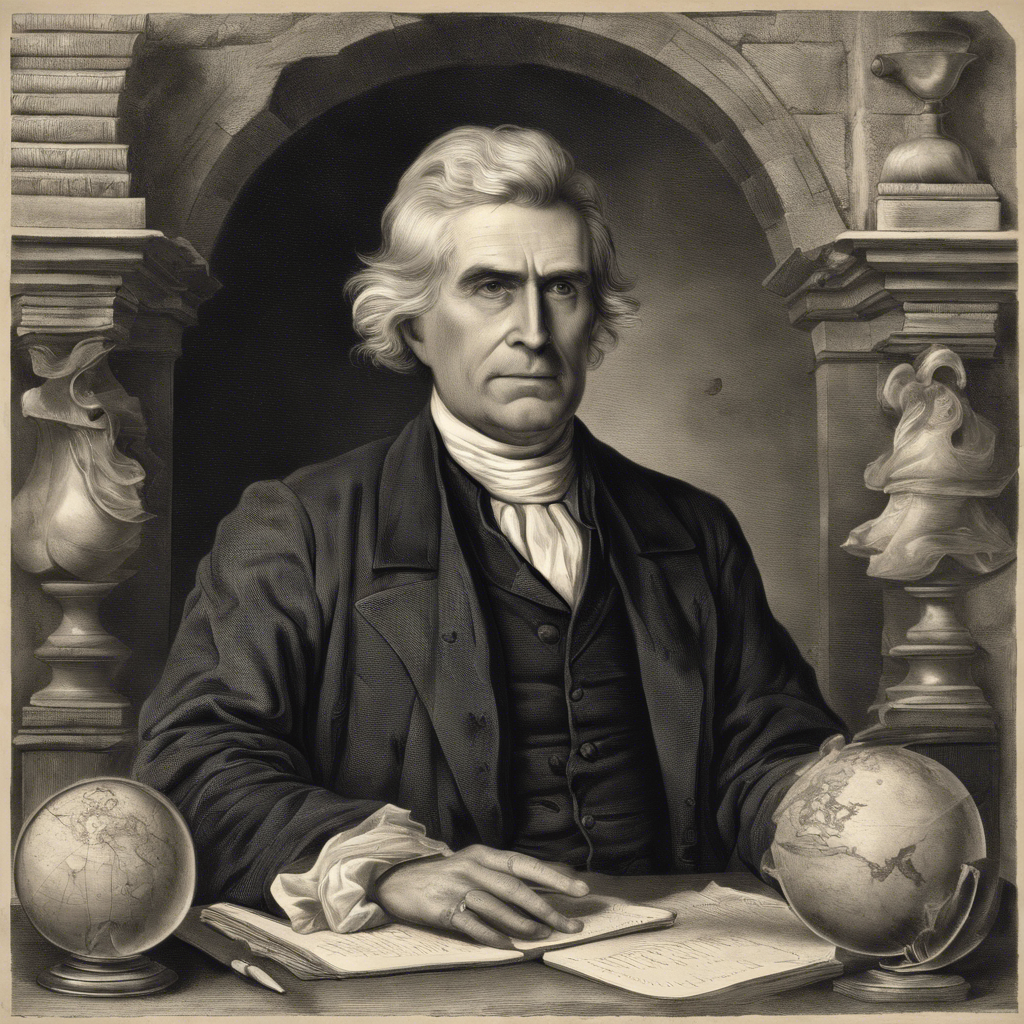
John Heilbron, a pioneering historian of science, challenged prevailing myths and reshaped our understanding of the relationship between science and religion.
John Heilbron, a renowned historian of science, passed away at the age of 89, leaving behind a profound legacy in the field. Throughout his career, Heilbron sought to rectify historical inaccuracies and dispel enduring myths that had become ingrained in popular culture. His groundbreaking work shed new light on the history of science, challenging prevailing narratives and offering fresh perspectives on key figures such as Galileo. Heilbron’s contributions not only reshaped our understanding of the emergence of science but also highlighted the complex interplay between science and religion.
The Sun in the Church: Unraveling the Science-Religion Divide
Heilbron’s book, “The Sun in the Church: Cathedrals as Solar Observatories” published in 1999, played a pivotal role in debunking the myth of an eternal conflict between science and religion. By examining the historical context, Heilbron revealed that the Roman Catholic Church had, in fact, provided significant support to the science of astronomy for over six centuries. One of the driving forces behind this support was the church’s desire to establish a fixed date for Easter. Heilbron’s research illuminated the close relationship between science and religion, dispelling the notion of an inherent antagonism.
Galileo: A Complex Figure in Late Renaissance Italy
In his 2010 biography of Galileo, Heilbron presented a nuanced portrait of the astronomer, challenging prevailing myths surrounding his life and work. Contrary to popular belief, Heilbron argued that Galileo’s scientific success had led to a sense of megalomania and recklessness, which strained his relationships with friends, patrons, and the church. Heilbron also debunked the notion that Galileo was an intellectual Platonist or the first experimental scientist. By delving into the cultural context of late Renaissance Italy, Heilbron painted a more comprehensive picture of Galileo as a complex figure embedded in the intellectual and social fabric of his time.
A Critical Eye on the History of Science
While Heilbron’s work revolutionized our understanding of the scientific revolution and the heroic view of history, he remained cautious in his approach. He recognized that the myths he sought to slay might contain hidden truths that could be relevant in the future. Heilbron’s research extended beyond the historical period he specialized in, encompassing contemporary quantum physics. He understood the limitations of attempting to construct a universal and coherent history of science, acknowledging the complexity of the subject matter.
A Journey through History and Science
Born in San Francisco, Heilbron was the son of Delphine and Louis Heilbron, a prominent lawyer. He pursued a diverse academic path, obtaining a Bachelor’s and Master’s degree in physics from the University of California, Berkeley, before completing his Ph.D. in history. He became the first graduate student of philosopher Thomas Kuhn, whose work on the structure of scientific revolutions influenced Heilbron’s early research. He collaborated with Kuhn on a project documenting the development of quantum mechanics and later delved into the atomic theory of Niels Bohr, a subject that would become a central focus of his work.
Conclusion: John Heilbron’s groundbreaking contributions to the history of science have left an indelible mark on the field. Through meticulous research and a critical eye, he challenged prevailing myths and reshaped our understanding of key scientific figures and the relationship between science and religion. Heilbron’s work serves as a reminder that history is a complex tapestry, and that a comprehensive understanding of scientific progress requires an exploration of the social, political, and intellectual forces at play. His legacy will continue to inspire future generations of historians and scientists to delve deeper into the intricate interplay between science and society.







